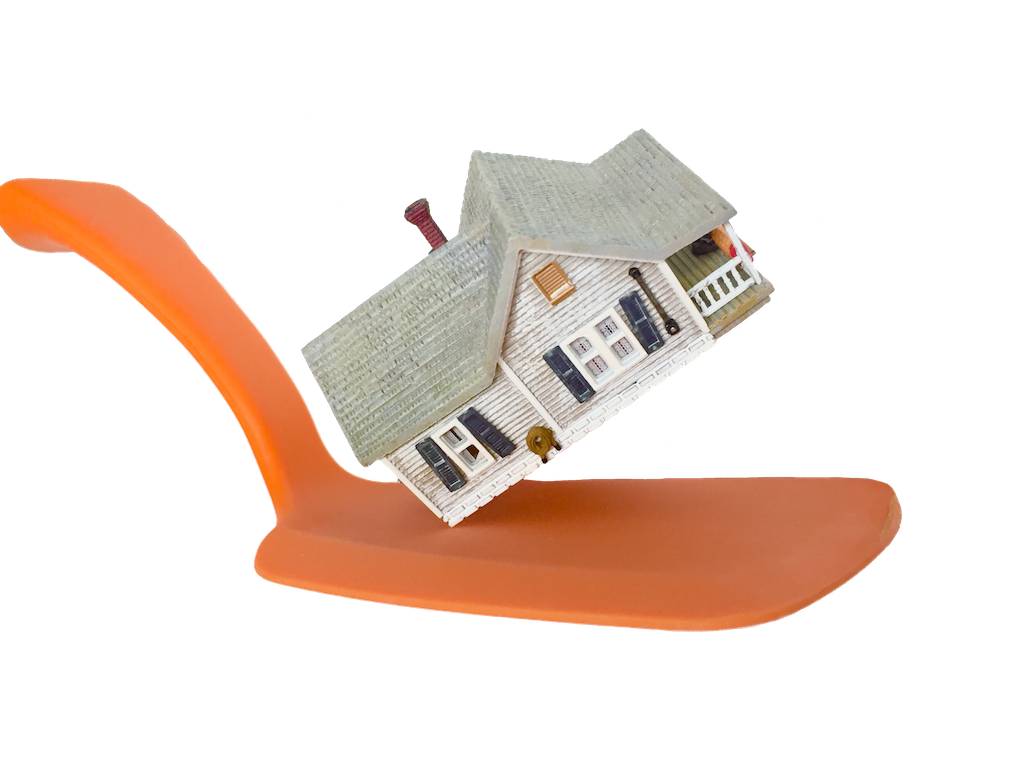 Reader Question: I am interested in starting a career as a real estate investor. Both remodeling to flip or hold homes for the long-term interest me. I do not have any construction experience, nor have I any actual real estate experience. I am quick to pick up on training, and I’m people orientated so I feel I can handle renting apartments or houses, and learn what it takes to be a flipper. How would you compare flipping houses to being a landlord?
Reader Question: I am interested in starting a career as a real estate investor. Both remodeling to flip or hold homes for the long-term interest me. I do not have any construction experience, nor have I any actual real estate experience. I am quick to pick up on training, and I’m people orientated so I feel I can handle renting apartments or houses, and learn what it takes to be a flipper. How would you compare flipping houses to being a landlord?
Monty’s Answer: Both methods can be solid roads to wealth building, and both share similar strategies in the acquisition phase. A keen understanding of the market dynamics in the location you choose to invest, knowing how to evaluate a property and selecting the improvements to add value are the keys to minimizing risk. Investors that understand these principal factors will build their nest egg faster and more efficiently than investors who jump in without considering the big picture. Here is a link potential investors may find helpful.
Pros of flipping
Flipping provides quick returns in the world of real estate. From the purchase to the sale of a home may be within six months. The yield on invested capital is not tracked independently for flippers; anecdotally, fifteen to twenty-five percent gains are not unusual for skilled practitioners. As a cautionary note, flipping and remodeling may not be as easy as television shows make it appear. The absence of property management is appealing to many flippers. Minor maintenance done while workers complete the necessary fixes and keeping the lawn mowed are the main tasks. Flippers see the lack of duties commonly found in non-owner occupied housing as an advantage. No rental showings, vetting tenants, collecting rent, and other activities present in rental property is attractive.
Cons of flipping
The short holding period means income is taxed as ordinary income rather than the capital gain tax. The dilemma for a flipper owning a property long enough to qualify for capital gain treatment may mean no gain to tax. There is higher risk in flipping; hidden or unknown defects only discoverable when a wall is torn out, cost overruns, scheduling delays, extended holding time, value misjudgments, and more make this a not-for-the-faint-of-heart business. However, despite the risks, the potential for high returns brings competition that affects margins, which margins are necessary to reduce the risks mentioned above. The population of sellers that will sell at a price the flipper can tolerate is small, so there is effort invested in discovery and presentation as most sellers will shop flippers, as they shop for real estate agents. Finally, there is no depreciation allowance to shelter gain on sale.
Pros of buying to hold
One builds a portfolio of property. This method translates to an annual income stream over time that generates cash flow. Renting is lower risk than flipping because there are likely more renters in the market than buyers. The population of qualified sellers is higher because buying to hold the property allows more flexibility on the purchase price. Unlike the flipper, when they make a mistake, they have time to recover through rental income and appreciation. Finally, when it comes time to sell, they have had depreciation to recapture part of their improvement cost and qualify for capital gain treatment.
Cons of buying to hold
Property management is necessary for holding property. An investor has to maintain, rent, and service property. Property management services add cost against the income, or if you self-manage, it becomes a second job. There is a learning curve in buying to hold. Property management, landlord-tenant laws, tenant selection, qualifying tenants, best practices in maintenance and repair, and more. If a landlord does not do well in this area, the degree of success diminishes. Investors here must be patient as the returns are slow to materialize, but comes two ways. While there is rental income, the total return is unknown until the property sells years later. Buying to hold is more complicated. Houses and components wear out, vacancies, evictions, and more. Here is a link to an article about what it takes to be a good landlord.
Many flippers are also landlords; some not by choice. The lack of a timely sale caused them to become landlords to recover over time. Either choice, or even both combined is a satisfying endeavor. You are in business for yourself, and you are improving neighborhoods.
